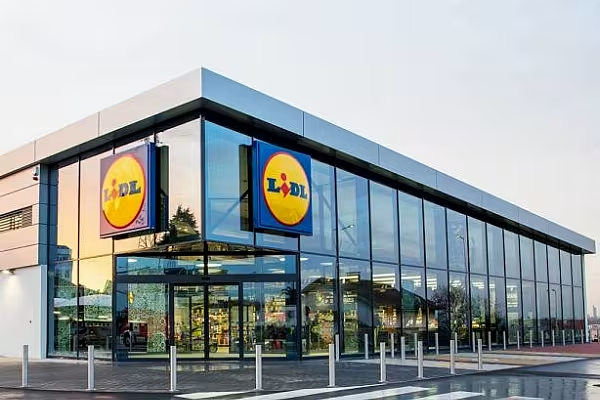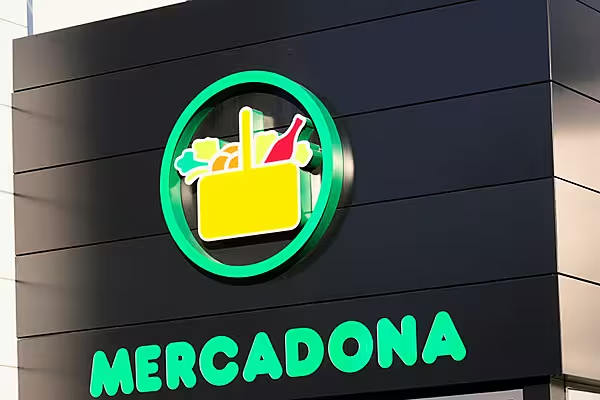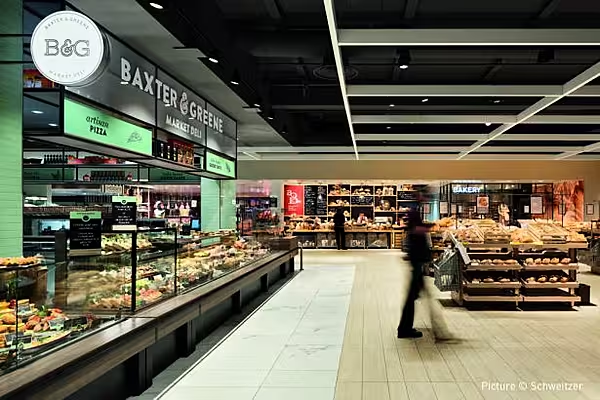It was one of the biggest grocery stories of last year, perhaps topped only by Amazon's takeover of Whole Foods, but there are indications that Lidl's nascent US operation isn't going to see the same level of rapid expansion as its European network has enjoyed in recent years.
Earlier this month, German business paper Handelsblatt reported that Lidl was looking to switch its focus from big-box outlets to smaller stores as it grows its store estate, with projects in New Jersey, Pennsylvania, Ohio and Virginia reportedly halted.
There are also question marks over whether Lidl will reach 100 stores in its first year, as the company outlined at its US launch last June.
Lidl currently operates 48 stores across the country, with its next outlet set to open in Fredericksburg, Virginia, on February 15.
In December, a Lidl spokesperson told the New York Post that the company is now "actively looking at a number of sites that are smaller,” adding that this "gives us more flexibility to accelerate our growth", which has led analysts to suggest that perhaps the retailer is seeking to rewrite its strategy.
“When you are shrinking the size of the store by 50 percent that’s a pretty big shift,” food consultant Dan Glickberg told the paper. “It looks like they are retrenching from their initial strategy.”
Behind The Numbers
Following on from this news, Barclays European Food Retail Equity Research undertook an analysis of Lidl's international sales performance (accounting for around 70% of the group's total sales), for the 12-month period to February 2017, which were recently posted on the UK Companies House website.
It noted that the group's international sales rose by 6.9% to €41.53 billion in FY 2016/17, and by 9.5% at constant currency levels. This, it added, 'remains at the high end of the sector average', however it is a marked decline from the double-digit growth rates the business enjoyed in recent years.
Profitability was also lower, with the company's operating margin down 90 basis points to 4.3%, its lowest level since 2012.
'Although Lidl explains this lower profitability as resulting primarily from the higher investments in countries targeted for expansion, it seems likely that the group’s strategy to upgrade its store concept in some countries also weighed on its profitability last year (new services, extended product assortment, etc.),' Barclays said in a note.
According to the data, Lidl has also increased its capital expenditure quite considerably, from €2.8 billion in full year 2015/16, to €7 billion in FY 2016/17, with real estate investment rising 69%.
Change Of Strategy?
So could this be the year that Lidl seeks to consolidate its strengths, and focus more on driving profitability rather than passionately adhering to the 'race for space' mindset that has turned it - since its entry Stateside - into a global superpower?
We are now approximately a year on from the departure of Sven Seidel, Lidl's former chief executive, over what was described as a 'difference in strategy', reportedly over the group's proposed online ambitions.
In August, the group appointed Thorsten Reichle as its new 'head of digital', despite the former head of company developments having limited experience in developing e-commerce solutions - which have led many to suggest that the group's online strategy is parked for the moment.
As Barclays pointed out, recent months have also seen Schwarz Group CEO Klaus Gehrig suggest that more needs to be done to modernise the group's Kaufland banner, while Lidl needs to be 'leaner and simpler' - another suggestion that the wider group is looking to solidify the brand's positioning.
With this in mind, the recent 'foot off the gas' policy Lidl seems to be employing in the US seems to make sense. But with Walmart, Ahold Delhaize, Aldi and a myriad of competitors all vying to recapture the ground they have lost to the discounter in recent months, it won't want to sit back too much.
© 2018 European Supermarket Magazine – your source for the latest retail news. Article by Stephen Wynne-Jones. Click subscribe to sign up to ESM: The European Supermarket Magazine.














